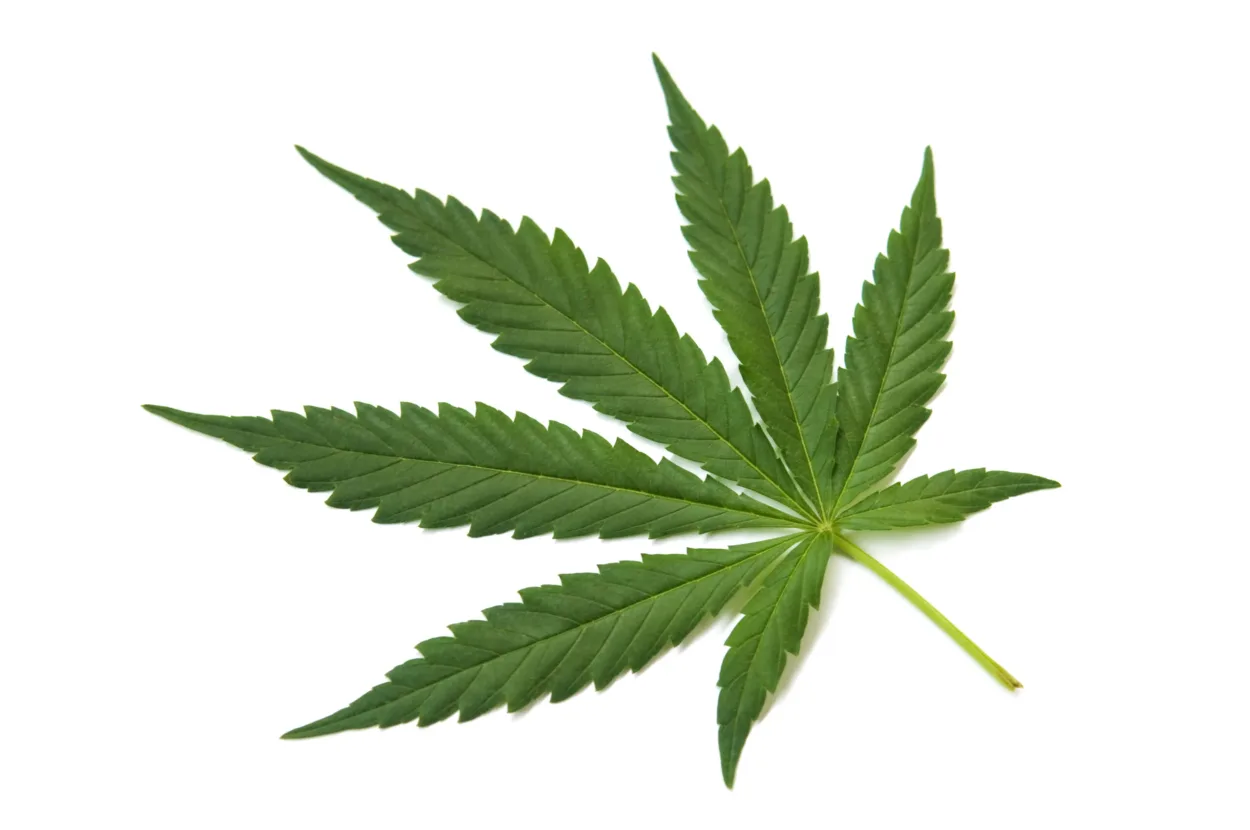How to Tell the Difference Between Problem Drinking and Alcoholism

As a man, would you consider having four drinks in a day, consecutively or spread over a few hours, normal or a problem?
As a woman, would you consider having three drinks in one day to be normal or a problem?
According to an article by the American Family Physician Journal, both of these circumstances describe problematic drinking patterns.
It’s not always easy to determine when occasional or moderate alcohol use turned into a heavy drinking problem or even addiction. The normalization of unhealthy substance habits (like social binge-drinking) has only aided in making the distinction even more difficult to recognize.
You might even find yourself wondering, is there even a difference between a heavy drinking problem and alcoholism? There is.
In this article, we’re going to define, discuss and compare both of these issues.
What is problem drinking?
Problem drinking refers to the frequent and indulgent consumption of alcohol. People struggling with this form of alcohol use disorder have not yet developed an addiction, but are consuming more than what is considered a moderate amount of alcohol per day.
Individuals who have a problem drinking might suffer from blackouts, short- or long-term adverse health effects and moderate-to-severe consequences as a result of their drinking.
What is alcoholism?
Alcoholism is an addiction to drinking alcohol. People whose alcohol use disorder has gone to this extreme are typically—engaging in chronic excessive drinking, cannot go a long period of time before indulging in alcohol and generally cannot recover without professional help.
Individuals who are struggling with alcoholism often experience hardship in many (if not most) areas of their lives as a result of their drinking. These hardships include their work, relationships, and ability to both grow and thrive.
Problem drinking vs alcoholism: the differences
Both problem drinking and alcoholism are serious and potentially very dangerous kinds of alcohol use disorders, and though they share many similar characteristics, they are different.
One of the major differences is the presence of a physical dependency on alcohol. People who engage in problem drinking have not yet developed a chemical dependence on alcohol like those suffering from alcoholism. As a result, problem drinkers are able to and often do resolve their drinking issues on their own, as there is no presence of chemical addiction to hinder them.
Another major difference is the level of “need” to drink. Problem drinkers might not consume alcohol for weeks because life got busy or they simply found a different hobby. While those struggling with alcoholism are unable to resist drinking for long periods of time.
While there are differences between these two conditions, the ways in which they manifest through peoples’ behavior is generally very much the same.
Signs of a drinking problem
The signs of problem drinking and signs of alcoholism are so similar that they can be difficult to differentiate without the consultation or insight from a professional.
The most common of these signs and symptoms include:
- Engaging in risky behavior after drinking (operating machines or vehicles, fighting, having reckless sexual encounters)
- Maintaining or increasing alcohol use despite negative consequences
- Requiring more alcohol over time to achieve desired intoxicating effects
- Loss of quality of other areas of life due to alcohol-related habits
- Experiencing intense cravings for alcohol
- Experiencing withdrawal symptoms
If you or someone you love is exhibiting signs of either a drinking problem or alcoholism, seek professional guidance quickly. When left unmanaged, excessive drinking can take a serious toll on one’s mind and body, as well as lead to potentially fatal consequences like liver failure.
Take the first step today
Many people delay seeking treatment because they fear leaving the responsibilities of life for an extended amount of time, or entrusting those responsibilities to someone else while you’re away. You don’t have to worry about that with Rehab After Work.
We offer premier outpatient drug and alcohol rehabilitation treatment designed for you and for your schedule. You do have to set time aside for recovery, but with our flexible treatment sessions, you’ll be able to do so with less stress and more convenience.
Submit a form or call us today to speak with one of our knowledgeable advisors about how we can best support you in your recovery journey.







